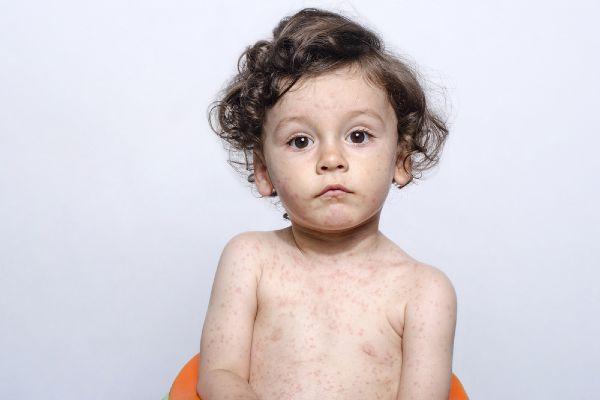Recent World Health Organisation (WHO) data has shown an alarming rise in the number of measles cases.
Measles cases will top 60,000 this year, making it the highest incident of the disease in Europe in the past 20 years.
There have also been 72 resulting deaths, twice as much as those in 2017.
The heightened prevalence of the disease is being attributed to the growing anti-vaccine movement.
With the aid of social media, the anti-vaccine movement has been able to spread its message at a high-speed rate, gaining members from all over the world.
As a result, health experts have spoken out to discredit false beliefs surrounding vaccinations’ effects andto reassure families of the treatments’ safety.
There have been 72 entirely avoidable deaths from measles in Europe this year.
— Rachel Clarke (@doctor_oxford) December 21, 2018
If you are thinking of choosing not to vaccinate your child, please, please have a chat with your nurse or doctor.
It might just save your child’s life https://t.co/xQ7i0e8aUU
The European Union’s health commissioner, Vytenis Andriukaitis, told The Guardian that there was a plethora of ‘fake news’ surrounding the controversial topic.
“Not just me – all of scientific society is concerned – epidemiologists, paediatricians, infectious disease experts and a lot of health ministers”, he said.
“It is unimaginable that we have deaths because of measles – children dying because of measles. We promised that by 2020 Europe would be measles free.”
This suspicion against vaccines is often caused by mistrust of pharmaceutical companies.
WHO and the EU have created organisations to help educate people about the safety and positive effects of vaccines.
Heidi Larson, the director of the Vaccine Confidence Project at the London School of Hygiene and Tropical Medicine, says the anti-vaccine movement has multiple reasons for their stand against medicine.
“It’s going down in some places and we have these pockets [of low immunisation] and this is not going to get easier, especially as more and more vaccines and combinations of vaccines are being brought on board”, she said.
“Part of the challenge is that it’s various things and many of them are outside the scope of an immunisation programme – it’s political, it’s religious and it’s increasingly part of identity for people.”










